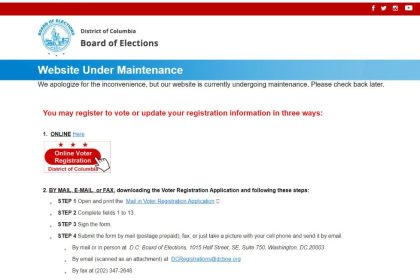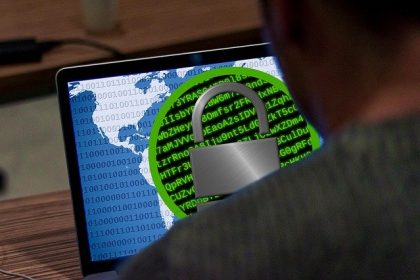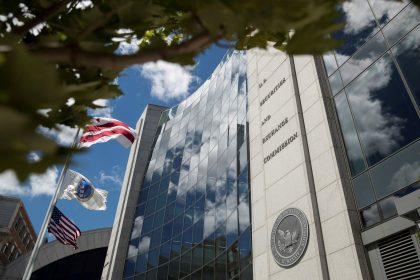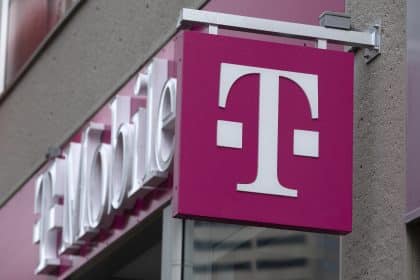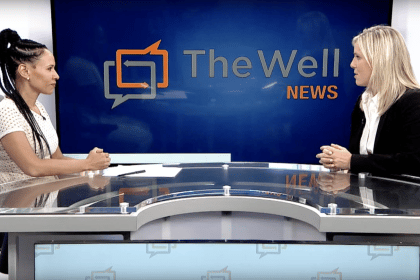Government Takes Helm on Cybersecurity As Ransomware and Spying Threats Grow
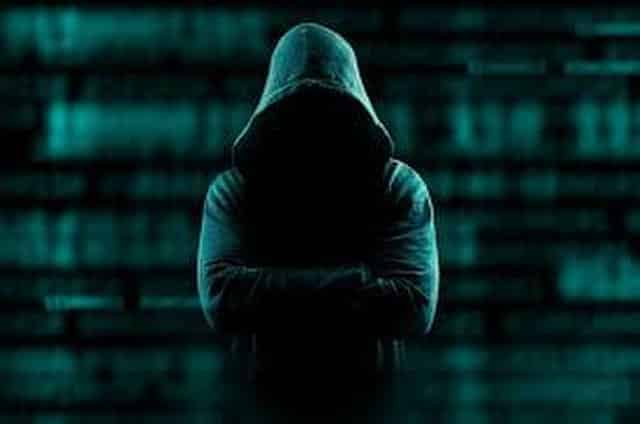
WASHINGTON — As the international blame game over ransomware heats up this week, the U.S. government is scrambling for solutions with increasingly combative strategies.
Legislation that won tentative approval in Congress on Monday anticipates a bigger role for the U.S. government in overseeing cybersecurity of critical industries.
Other pending bills would regulate cryptocurrency sought by cyberthieves and more aggressively track down sources of the attacks.
“One thing is certain,” said Rep. Diana DeGette, D-Colo. “The problem is not going away.”
DeGette is chairwoman of the House Energy and Commerce subcommittee on oversight and investigations, which held a hearing Tuesday on how Congress should respond to ransomware threats.
“We need not only a whole of government approach but a whole of society approach,” DeGette said.
The subcommittee listened to industry representatives who described damage from ransomware and suggested methods for addressing the attacks. Ransomware refers to Internet-based attacks on computer systems in which the attackers threaten to publish the victims’ personal data or perpetually block access to it unless a ransom is paid.
Kemba Walden, assistant general counsel for Microsoft Corporation, said about 2,400 U.S. organizations endured ransomware attacks last year along with a half-billion dollars in damage.
As the pace of ransomware picks up, she said last year’s attacks were “the tip of the iceberg” of what’s coming.
“Ransomware is a profitable business with almost no barriers to entry,” Walden said.
Private businesses could stop most of the attacks by using two-factor authentication to gain access to their computers, she said. A larger effort against the attackers must come from the government.
Christian Dameff, medical director of cybersecurity for the University of California at San Diego Health, said cyberattacks against hospitals have sometimes forced delays in surgeries and infringement of medical records.
“Cyberattacks on a hospital have the potential to threaten life and limb,” Dameff said.
He mentioned the example of an April 29 cyberattack on five San Diego hospitals that gave the attackers access to private medical records and shut the staff out of access to their own computers. Some patients were unable to renew their prescriptions or communicate with their doctors about treatment through the hospitals’ Internet portal until the problem was resolved.
In addition, cyberattacks in the past two years have hit hospitals in Hackensack, New Jersey; St. Louis, Missouri.; and Tuscaloosa, Alabama.
Other recent attacks forced executives at energy company Colonial Pipeline and meat processing company JBS S.A. to pay millions of dollars in cryptocurrency ransom to restore their ability to operate and to serve their U.S. customers.
Internationally, oil fields in Saudi Arabia and oil operations of Mexican company Pemex were shut down temporarily by cyberattacks.
Most of the attacks were blamed on Russian criminal gangs operating with the knowledge of their government.
On Monday, the United States and several other countries pinned additional blame on the Chinese military. They said the Chinese orchestrated a cyberattack in January on Microsoft email systems used by tens of thousands of organizations worldwide.
They also said the Chinese know about criminal ransomware hackers in their country but do nothing to stop them. The victims included Europe’s top banking regulator.
China’s “pattern of irresponsible behavior in cyberspace is inconsistent with its stated objective of being seen as a responsible leader in the world,” a White House statement said.
At the congressional hearing Tuesday, Rep. Morgan Griffith, R-Va., said, “The federal government has strong resources to respond to attacks.”
He added, “We need to make better use of our resources.”
With similar ideas in mind, the House of Representatives on Monday approved two bills aimed at preventing cyberattacks on critical energy infrastructure. They would expand the U.S. Department of Energy’s role in cybersecurity and boost information-sharing between government and industry on the threats.
The two bills — H.R. 3119, the Energy Emergency Leadership Act, and H.R. 2931, Enhancing Grid Security through Public-Private Partnerships Act — now move to a possible vote in the Senate.

















